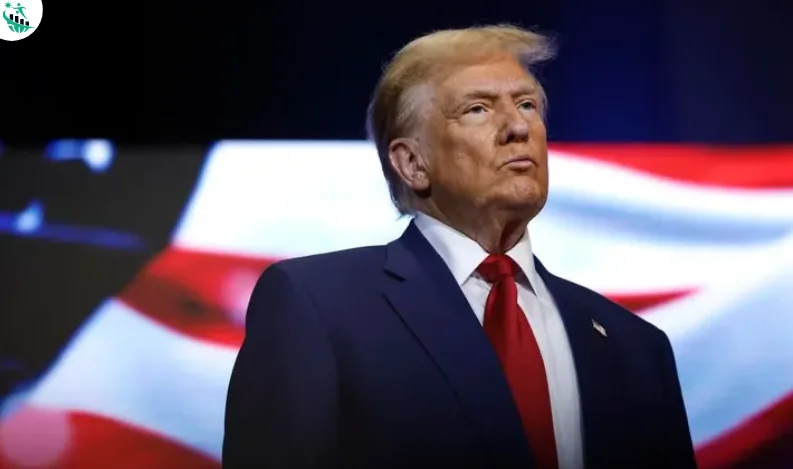
Trump Threatens Additional 10% Tariff on Countries Aligned with ‘Anti-American’ BRICS Policies
President Donald Trump has threatened to impose an additional 10 percent tariff on countries that, in his words, align themselves with the “Anti-American policies of BRICS.” The warning, posted Sunday evening on Truth Social, came as the BRICS bloc convened its annual summit in Rio de Janeiro.
“Any Country aligning themselves with the Anti-American policies of BRICS, will be charged an ADDITIONAL 10% Tariff. There will be no exceptions to this policy,” Trump stated.
Trump did not specify which policies he considers “anti-American,” but the timing of his remarks followed a joint BRICS statement criticizing the rise of unilateral protectionist measures and tariff escalations. Without naming the U.S., BRICS leaders expressed “serious concern” over actions that distort trade and contradict WTO rules, warning of their potential to disrupt the global economy and widen inequality.
The BRICS bloc, comprising Brazil, Russia, India, China, South Africa, Saudi Arabia, Egypt, UAE, Ethiopia, Indonesia, and Iran, presents itself as a coordination forum for Global South nations. Its members have increasingly advocated for alternatives to Western-led financial institutions and have pushed for reduced reliance on the U.S. dollar.
Stephen Olson, a former U.S. trade negotiator and fellow at the ISEAS-Yusof Ishak Institute, said Trump’s use of the term “anti-American” likely refers to BRICS efforts to challenge U.S. dominance in global governance and finance. “How that alignment will be assessed is anyone’s guess,” Olson noted.
China, responding to the tariff threat, criticized the use of tariffs as coercive tools. A spokesperson from the Chinese Foreign Ministry said at a Monday briefing that “arbitrarily slapping tariffs does not serve the interests of any party,” according to CNBC’s translation.
The Trump administration confirmed that formal letters detailing individual tariff rates would begin to be delivered to trading partners starting Monday. Treasury Secretary Scott Bessent clarified that tariffs originally announced in April will now take effect on August 1 for countries without finalized agreements, extending a previously declared July 9 deadline.
“The idea is simple,” Bessent said in a weekend interview. “We’re saying this is when it’s happening. If you want to move quickly, do it. If not, the higher tariffs will apply.”
In April, the White House introduced sweeping reciprocal tariffs, imposing a base 10 percent duty on most imports and much higher rates on select countries. Trump initially paused the rollout by 90 days, a window set to close this week.
The renewed tariff threat, particularly one tied to geopolitical alignment, signals a broader shift in U.S. trade posture under Trump’s administration and is likely to fuel further tension with emerging economies.



Recent Comments:
No comments yet.